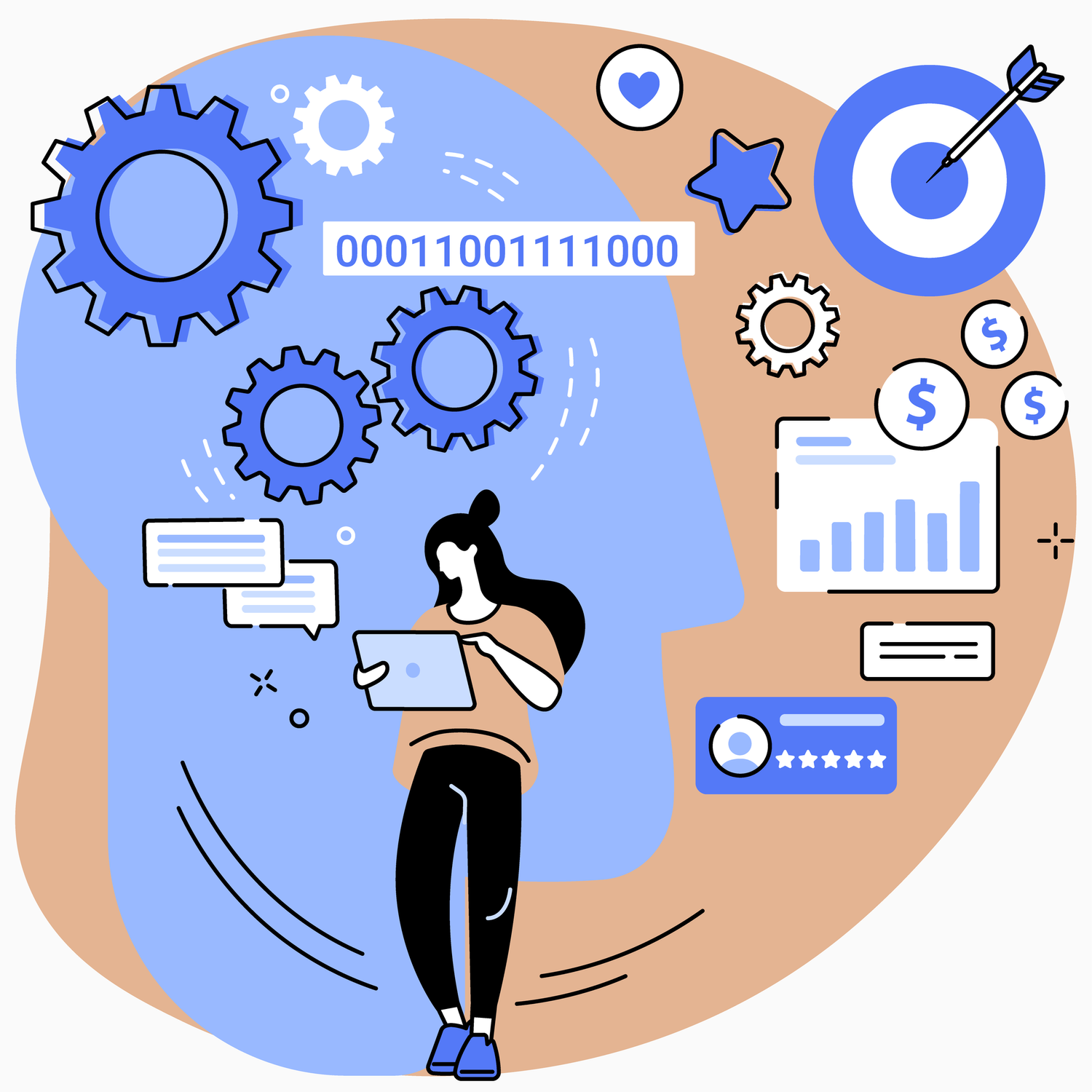Generative AI has the potential to profoundly change how businesses function and solve problems in almost every aspect of life. Just look at how Chat GPT has revolutionized content creation, research, and complex problem-solving, especially for business processes. Over a brief period, this new technology has helped organizations make revolutionary advances in presenting products, media, and services to consumers.
At the same time, generative AI is also instrumental in the progress of iPaaS (Internet Platform as a Service ). Its primary contribution is allowing integration specialists to perform tasks like identifying data quality issues more precisely and efficiently. Along with these present capabilities, generative AI shows the potential to be a catalyst for revolutionary advances in iPaaS data integration and automation. In a previous blog, we briefly touched on how the widespread adoption of AI would become one of the biggest catalysts for change within the iPaaS industry. This week we’ll dive deeper into some of the most profound effects AI will have on the iPaaS integration landscape.
Single Request Integration
Before the creation of iPaaS, connecting two or more applications was a task only software developers could complete using long, intricate, and fragile lines of code. These conditions changed when iPaaS drag-and-drop visual interfaces made integration achievable for non-technical users. As a result, developers could focus on more advanced smart data synchronization and other advanced integration issues.
Soon, a generative AI-powered interface between you and an iPaaS may only require a single request to complete an integration. This process would be easier than using the current drag-and-drop interface because you only ask the iPaas to sync one platform to another instead of providing the details of how to do it. AI will figure out the intricacies for you. In addition, Cognitive iPaaS would test the AI-driven data integration and correct any problems.
AI-Generated Integration Connectors
Integration connectors are essential building components of iPaaS. Currently, the two methods of building connectors are as follows.
-
The iPaaS vendor: When choosing this option, you can be confident that the vendor will build the connector correctly and manage them continuously.
-
Community of users: This method rapidly expands the library of connectors while preventing users from duplicating existing connectors. However, it lacks quality control and active maintenance.
On the other hand, generative AI could build and maintain an infinite number of integration connectors from a simple request to your iPaaS. Also, the library could hold a limitless number of applications available for connection.
More Adaptive and Self-Healing Data Mapping
Data formats and standards are constantly changing. This reality makes it difficult to accurately map your integrations, day in and day out. Consequently, improperly mapped data could negatively affect your data-driven decision-making and insights.
However, the future of integration with AI will include perpetual monitoring for data mapping errors, diagnosing errors, and repairing leaks without human involvement. As a result, adaptive AI solutions with machine learning integration will eliminate downtime and reinforce your confidence in the insights.
What AI-Powered iPaaS Means for Your Business
We can only guess the total number of innovative advantages AI will deliver to iPaaS integration. However, these projected capabilities could help your AI enhance business processes to improve tenfold to a hundredfold. Generative AI-Powered iPaaS has the potential to catapult business processes to the next level. To learn more about the Next Generation iPaaS platform, get a Lumino demo today.
